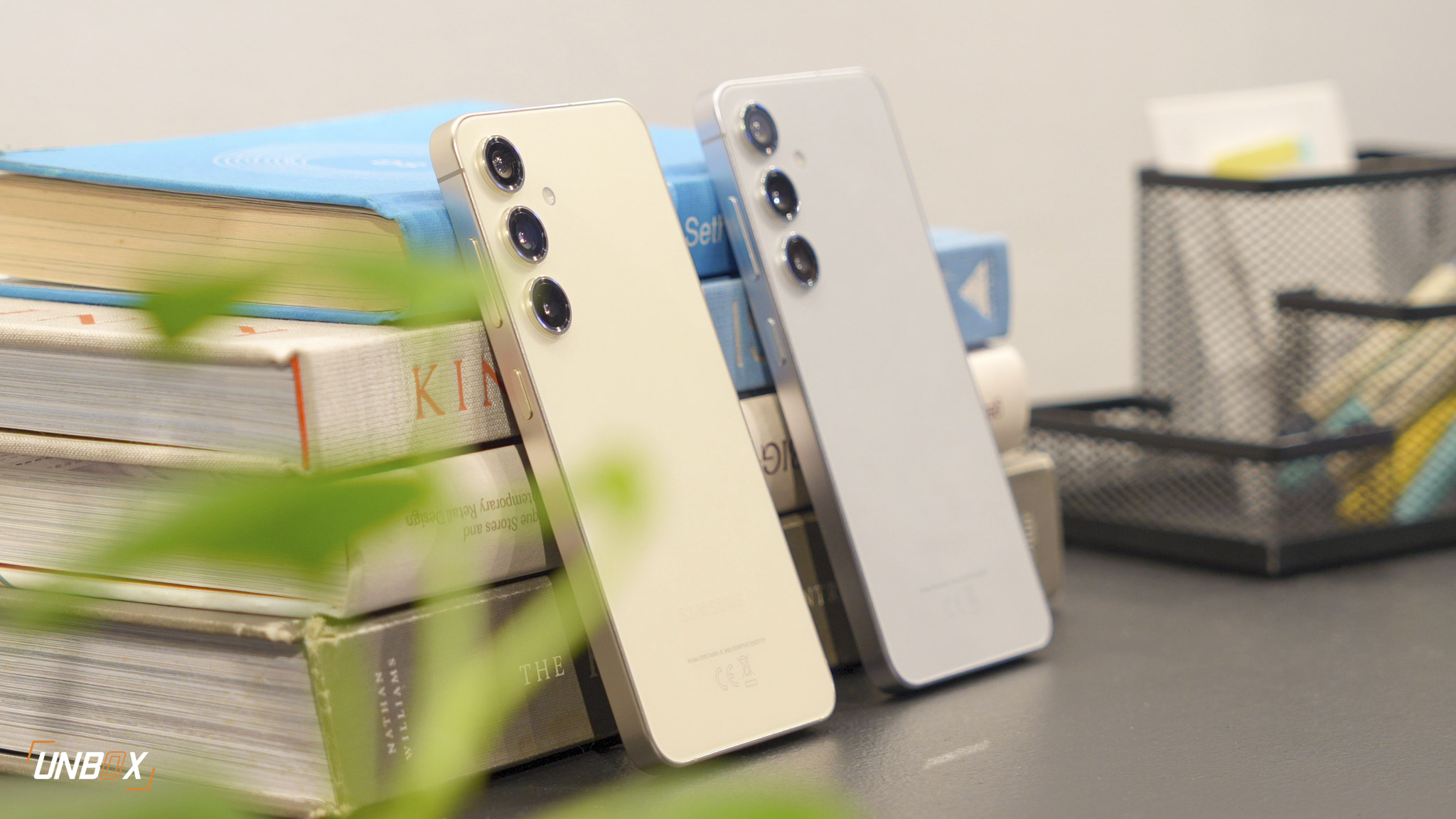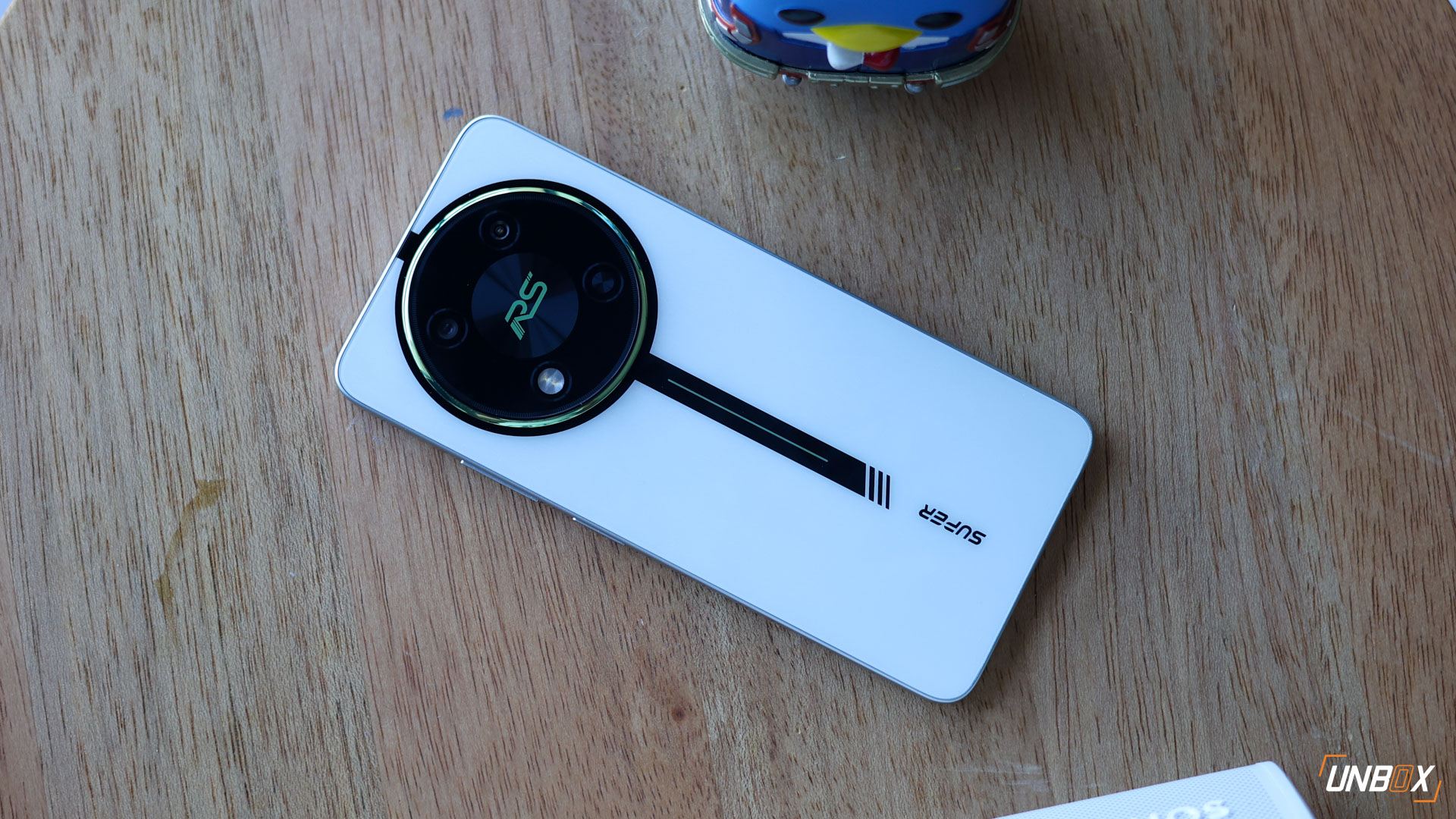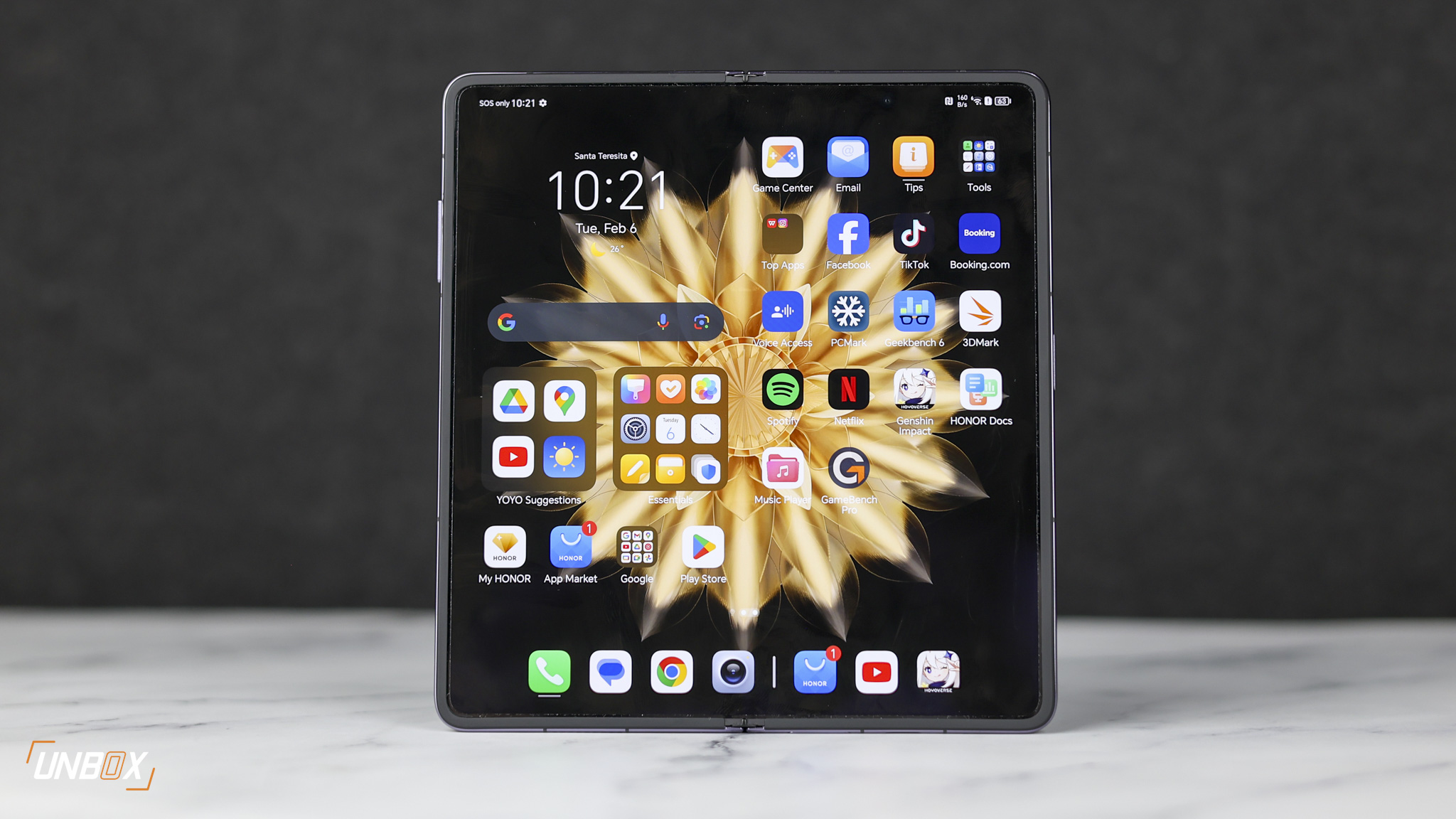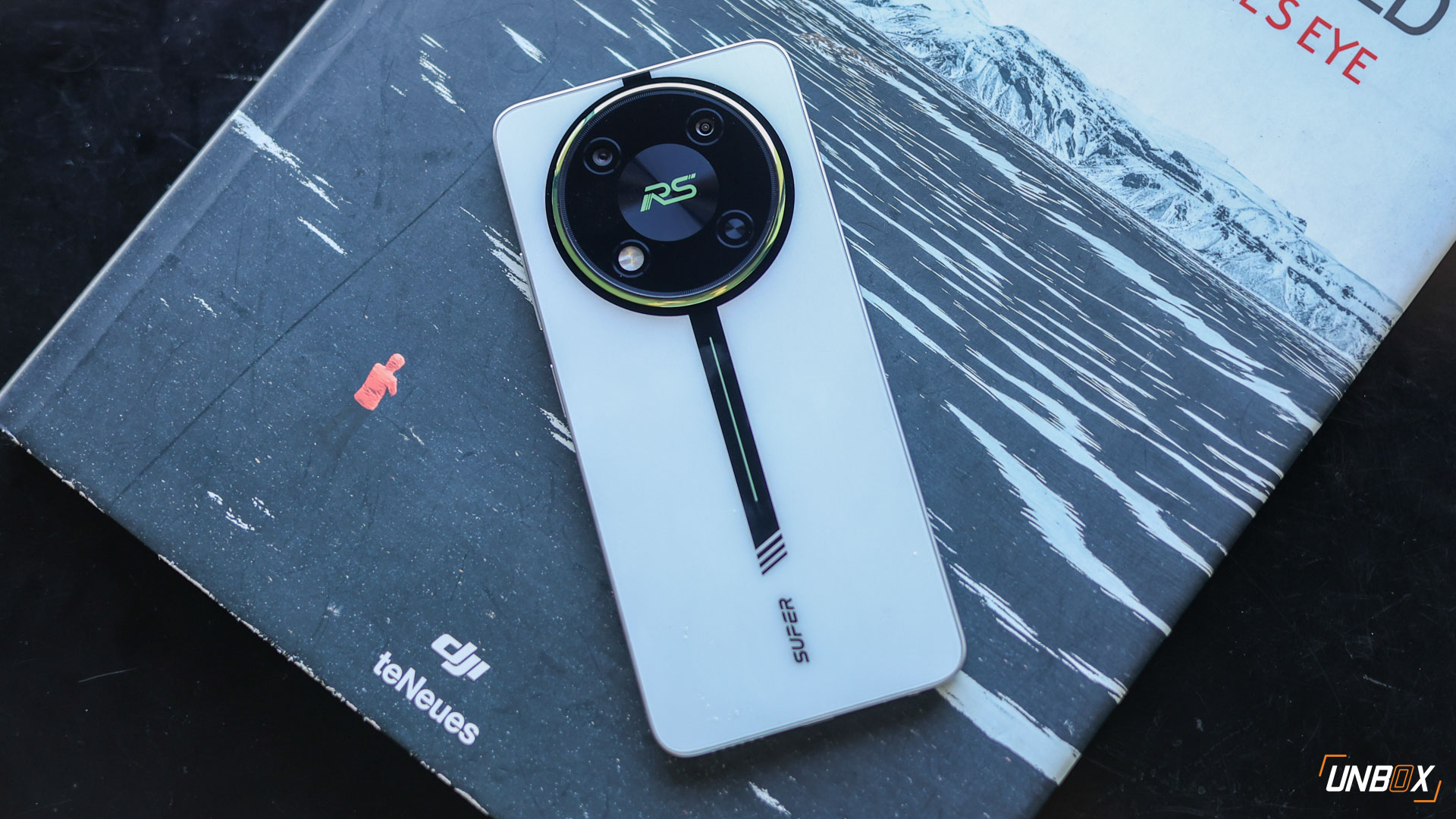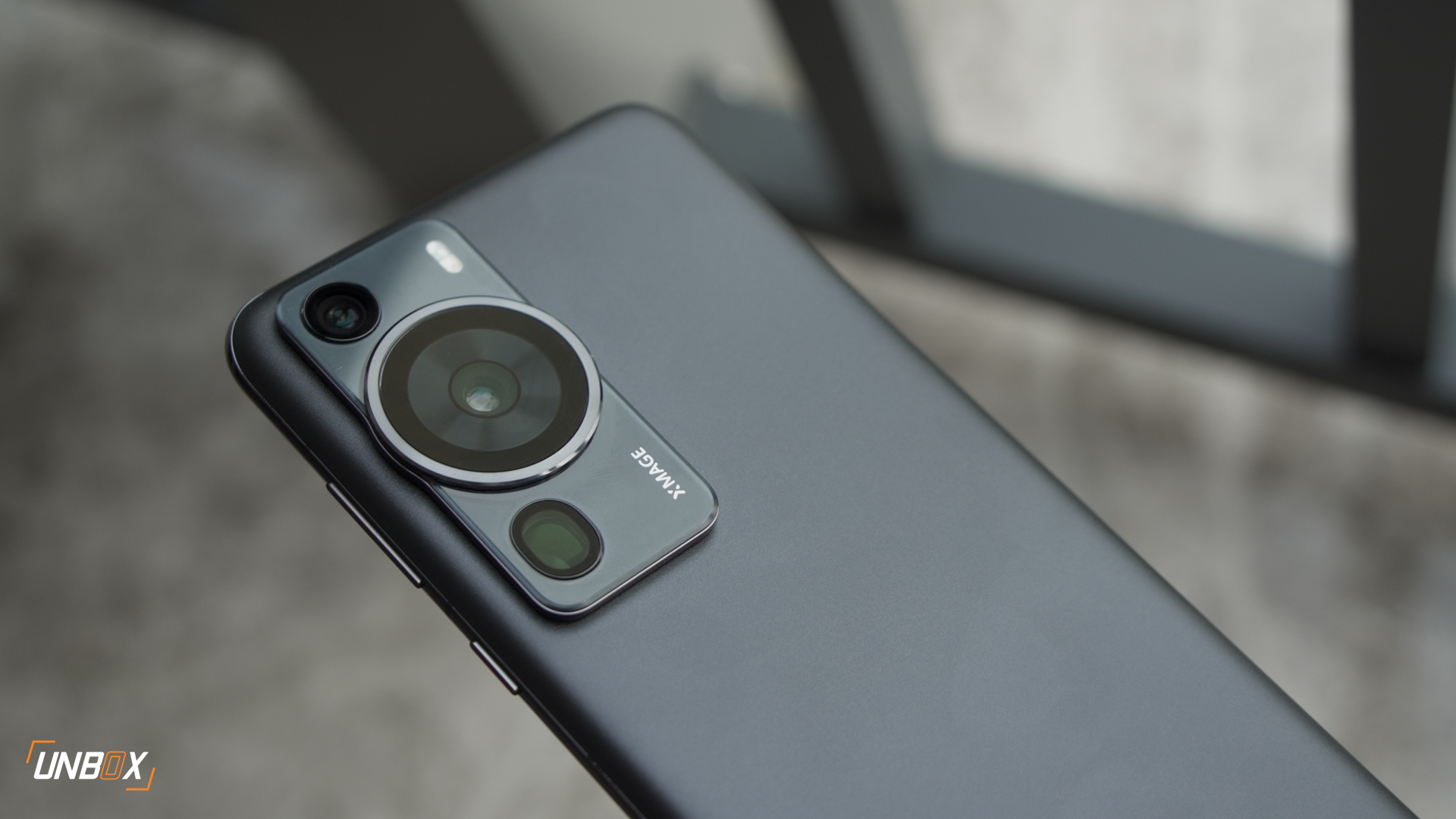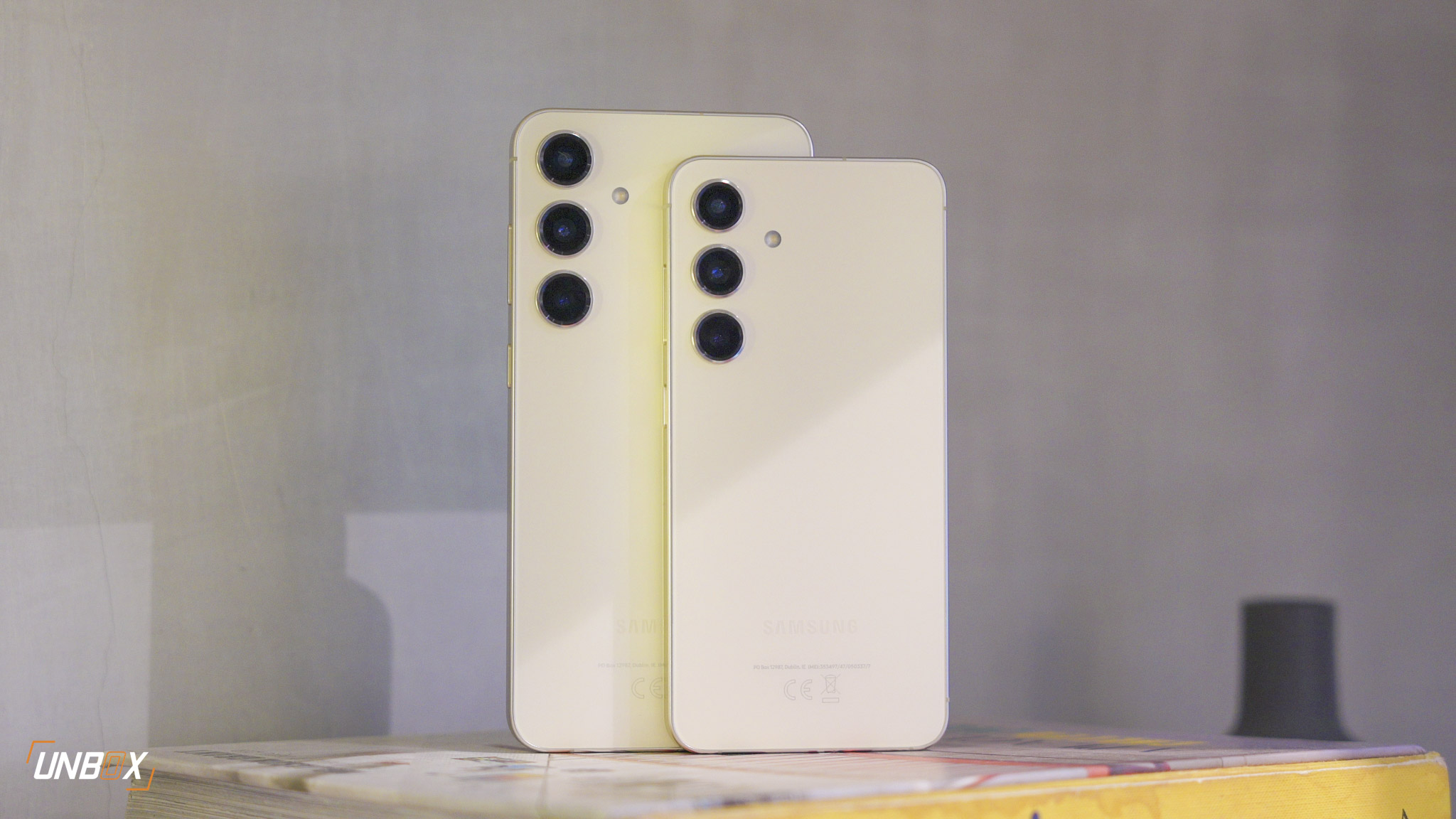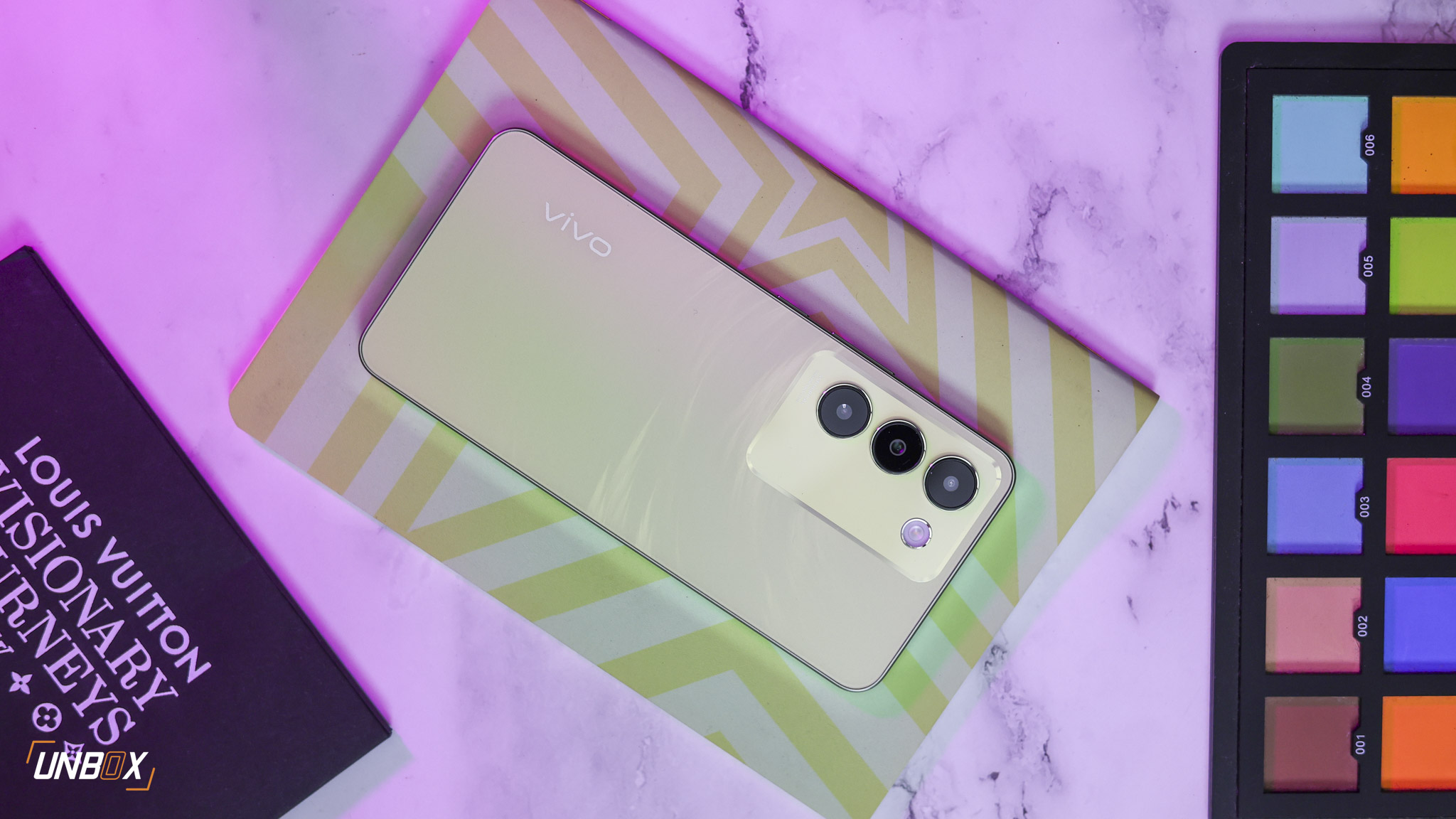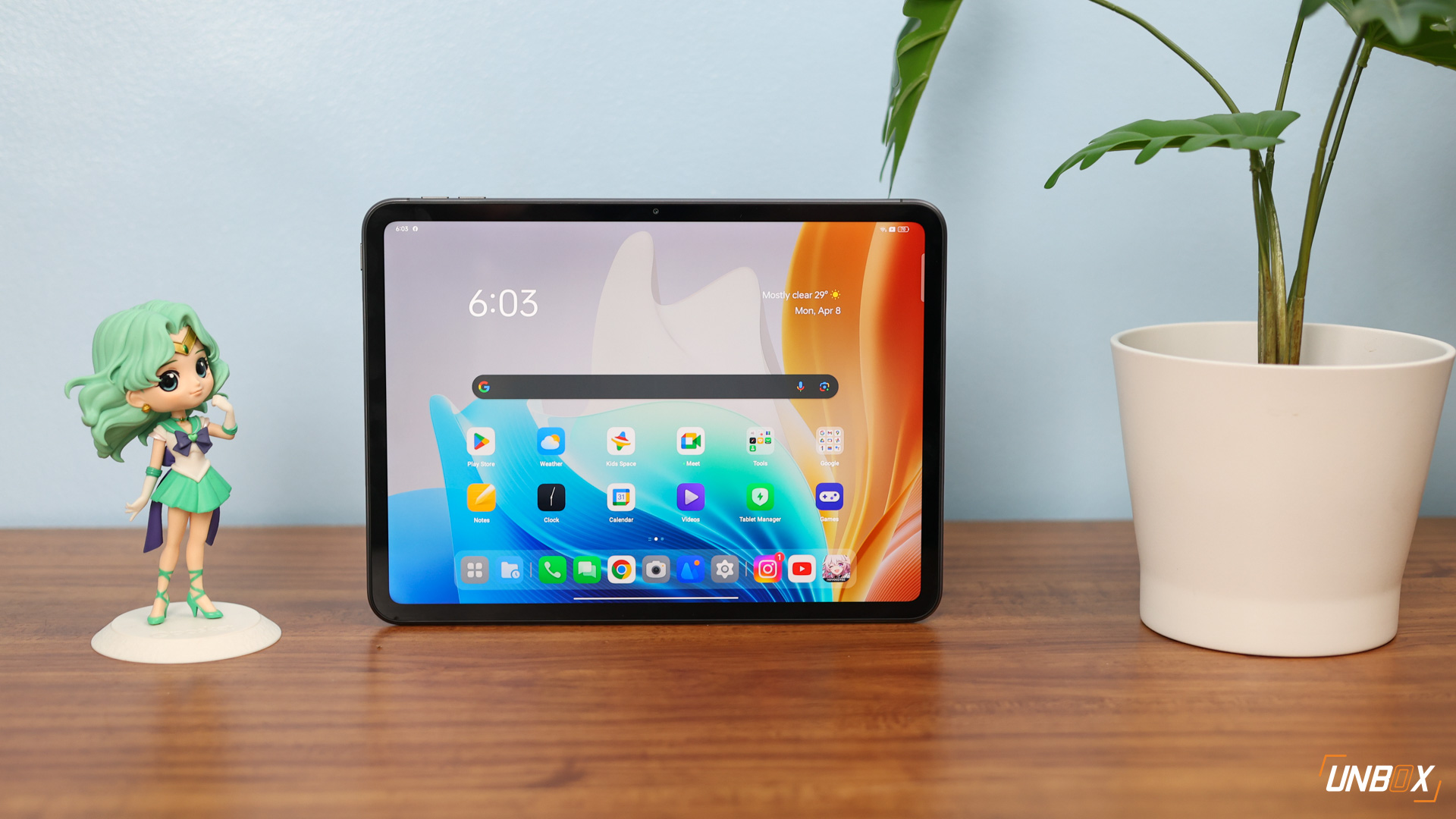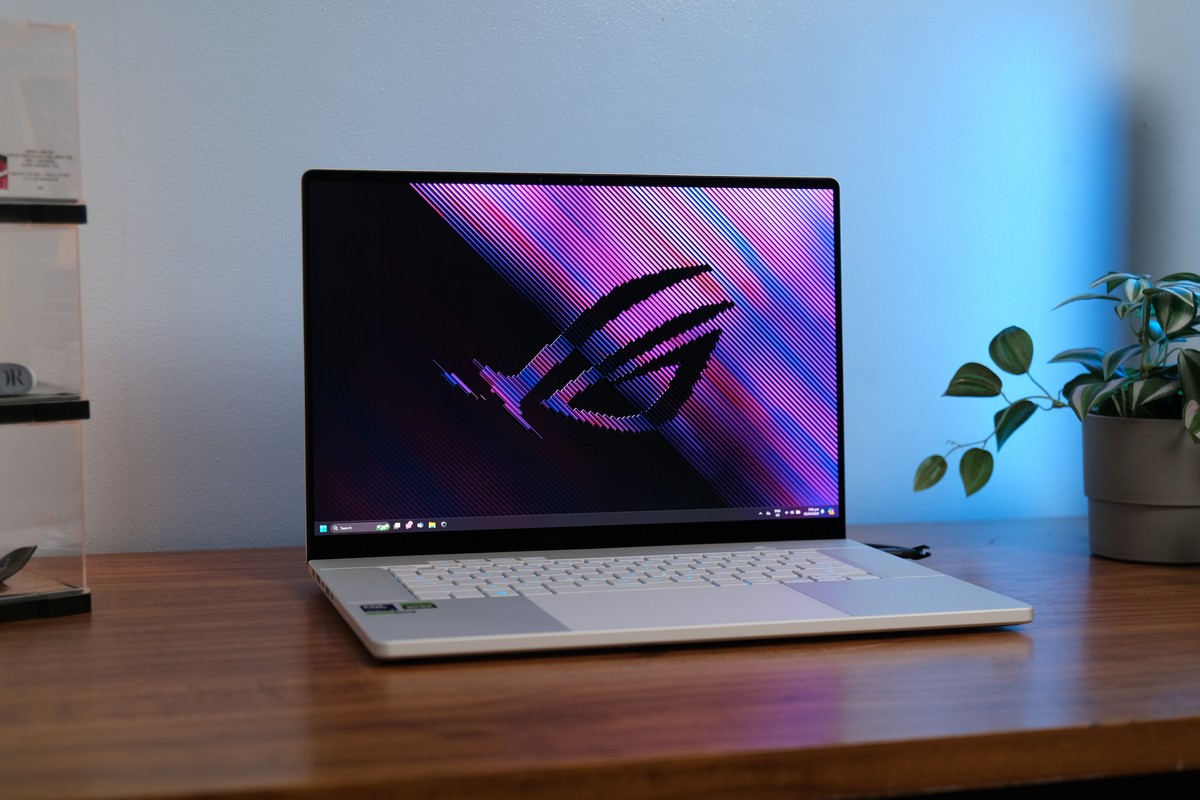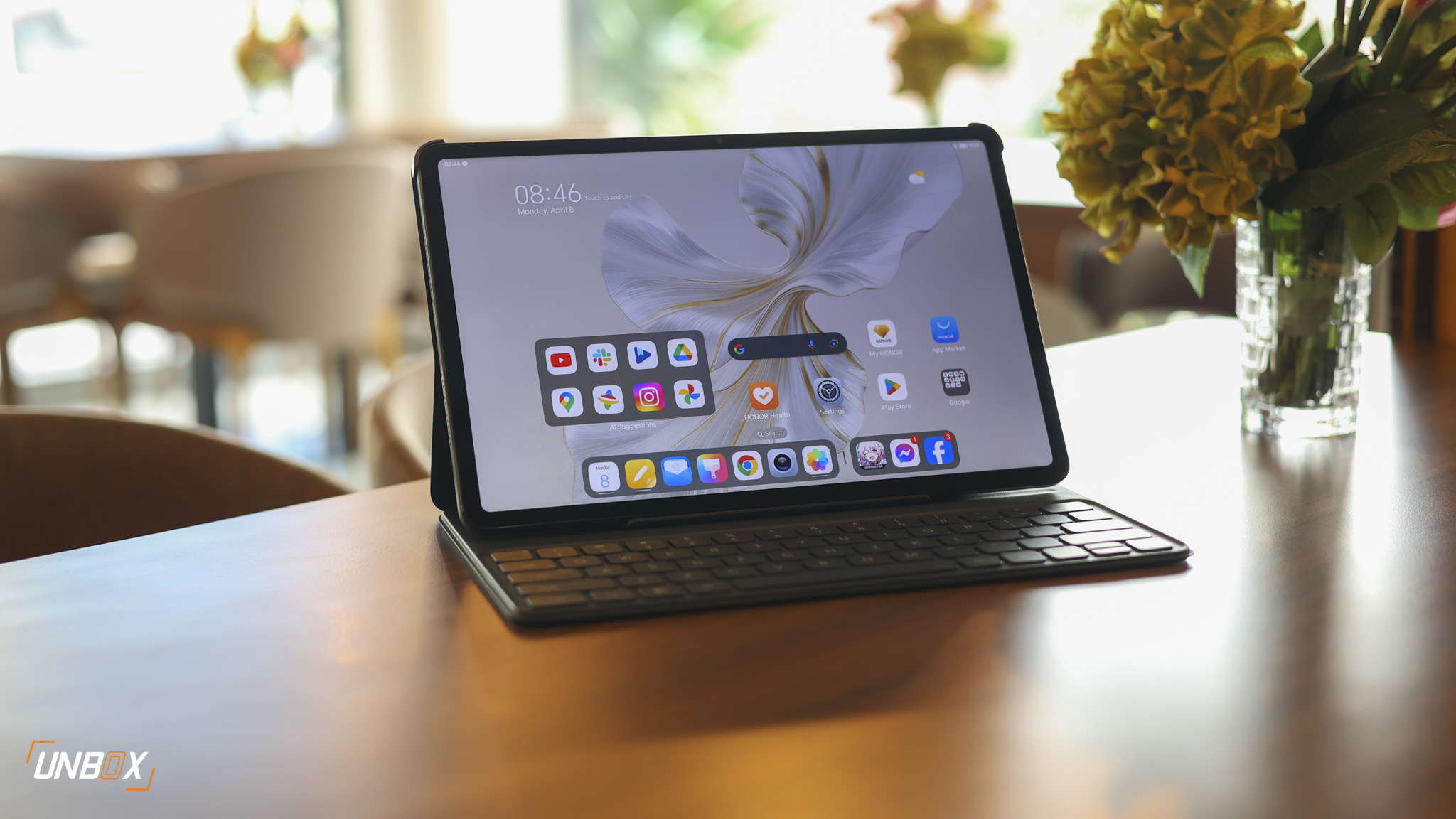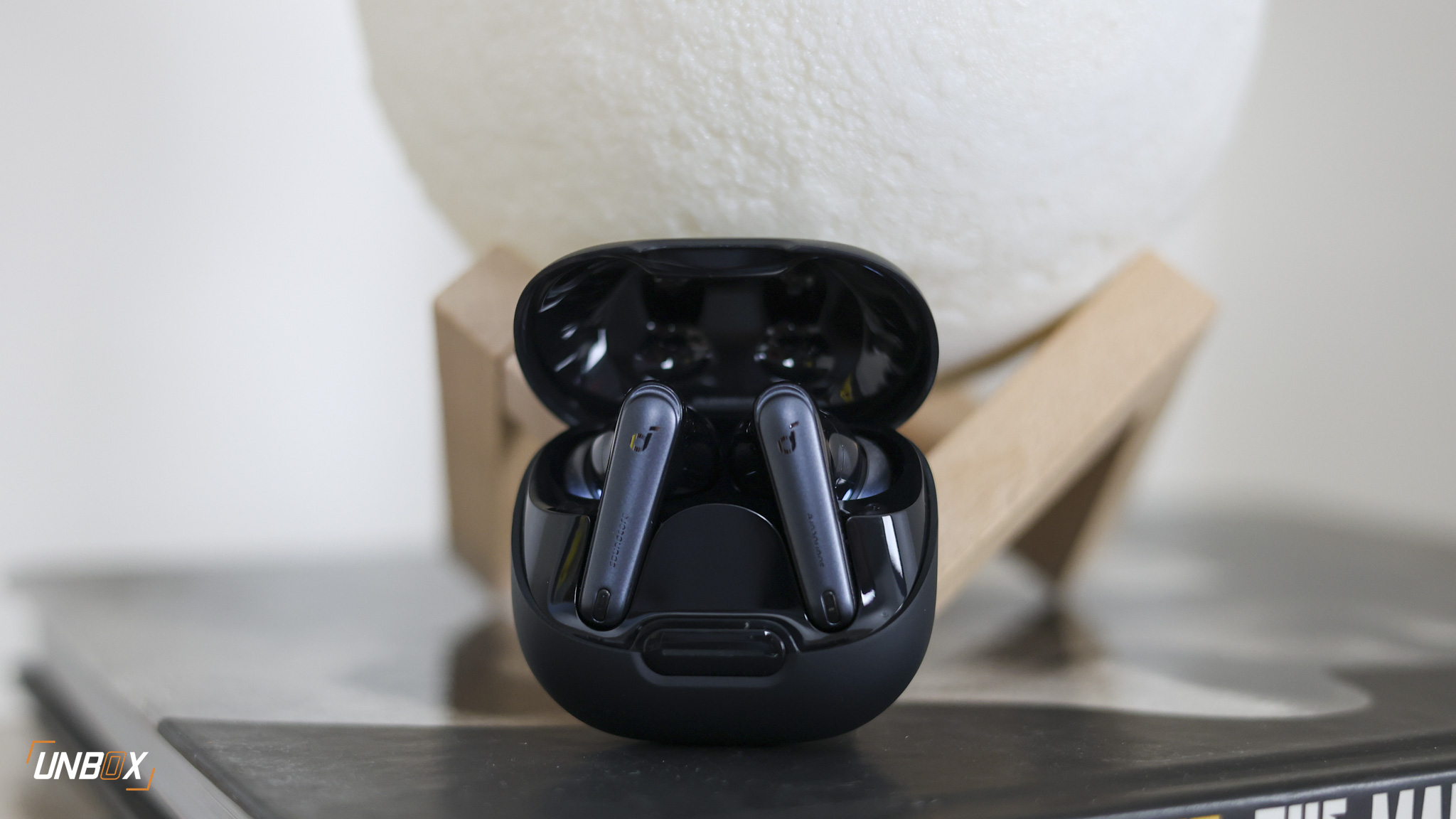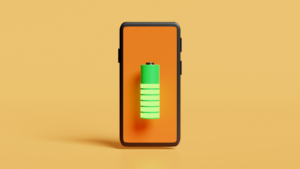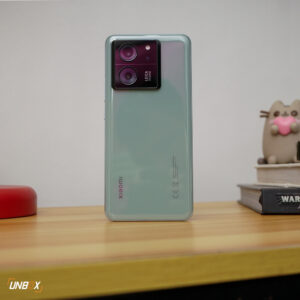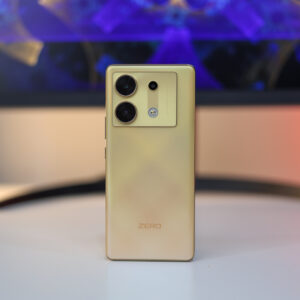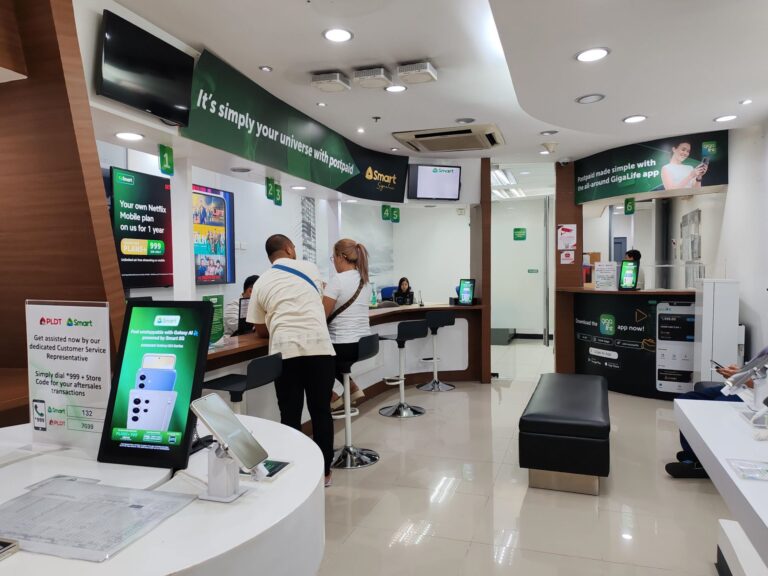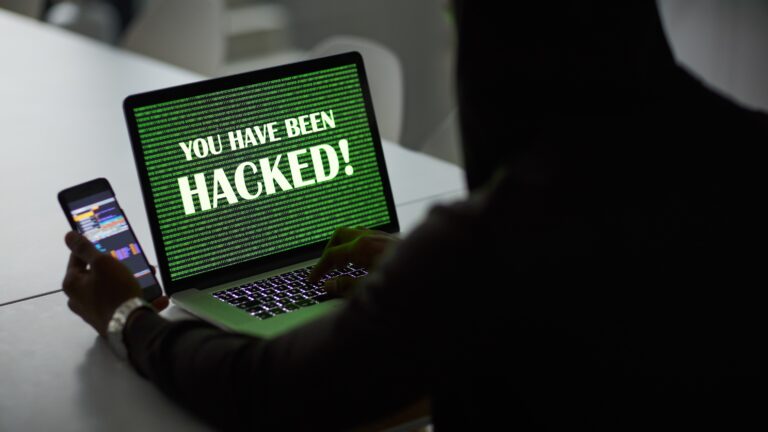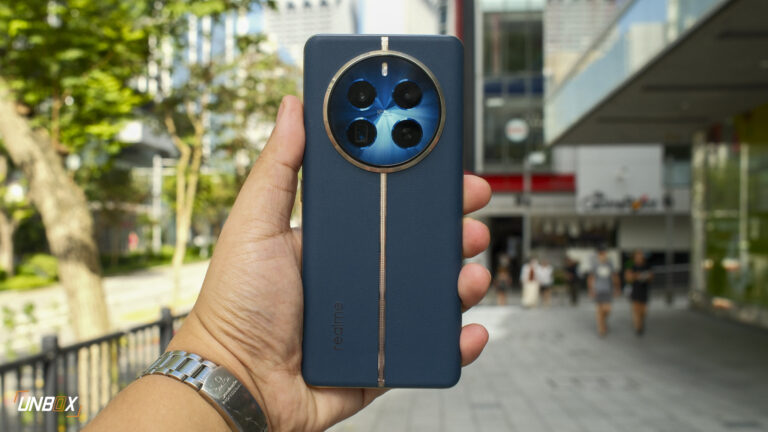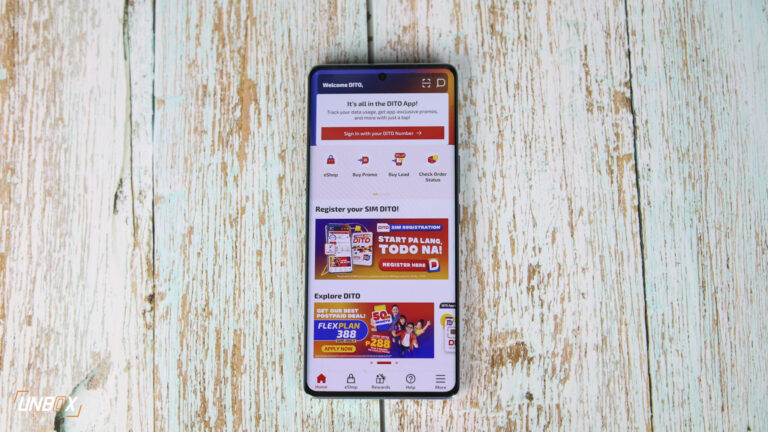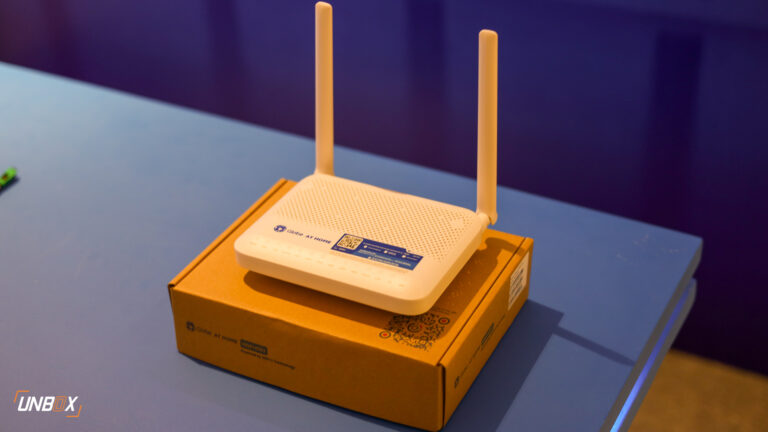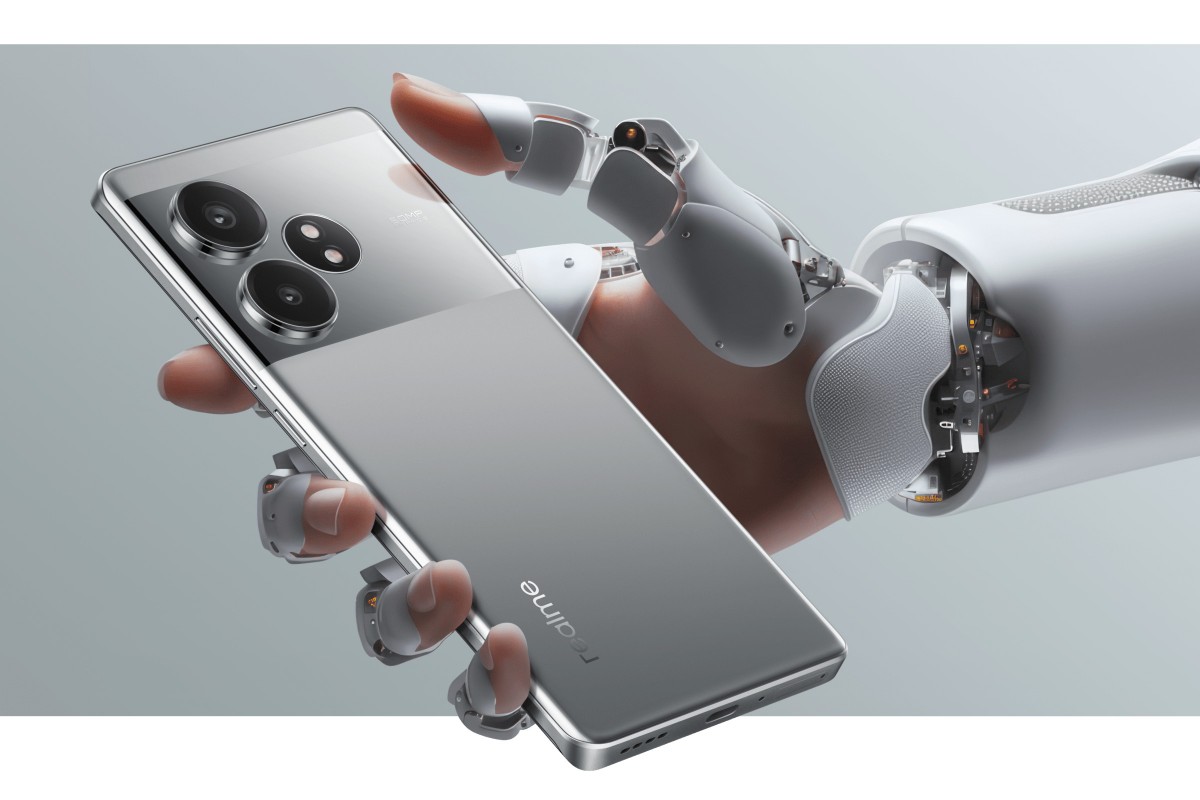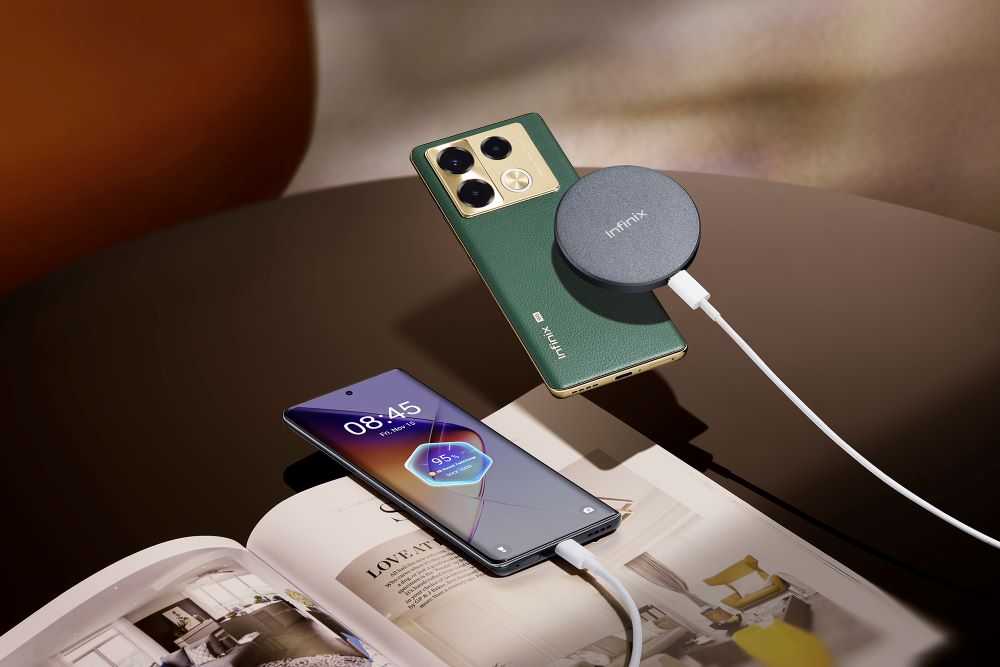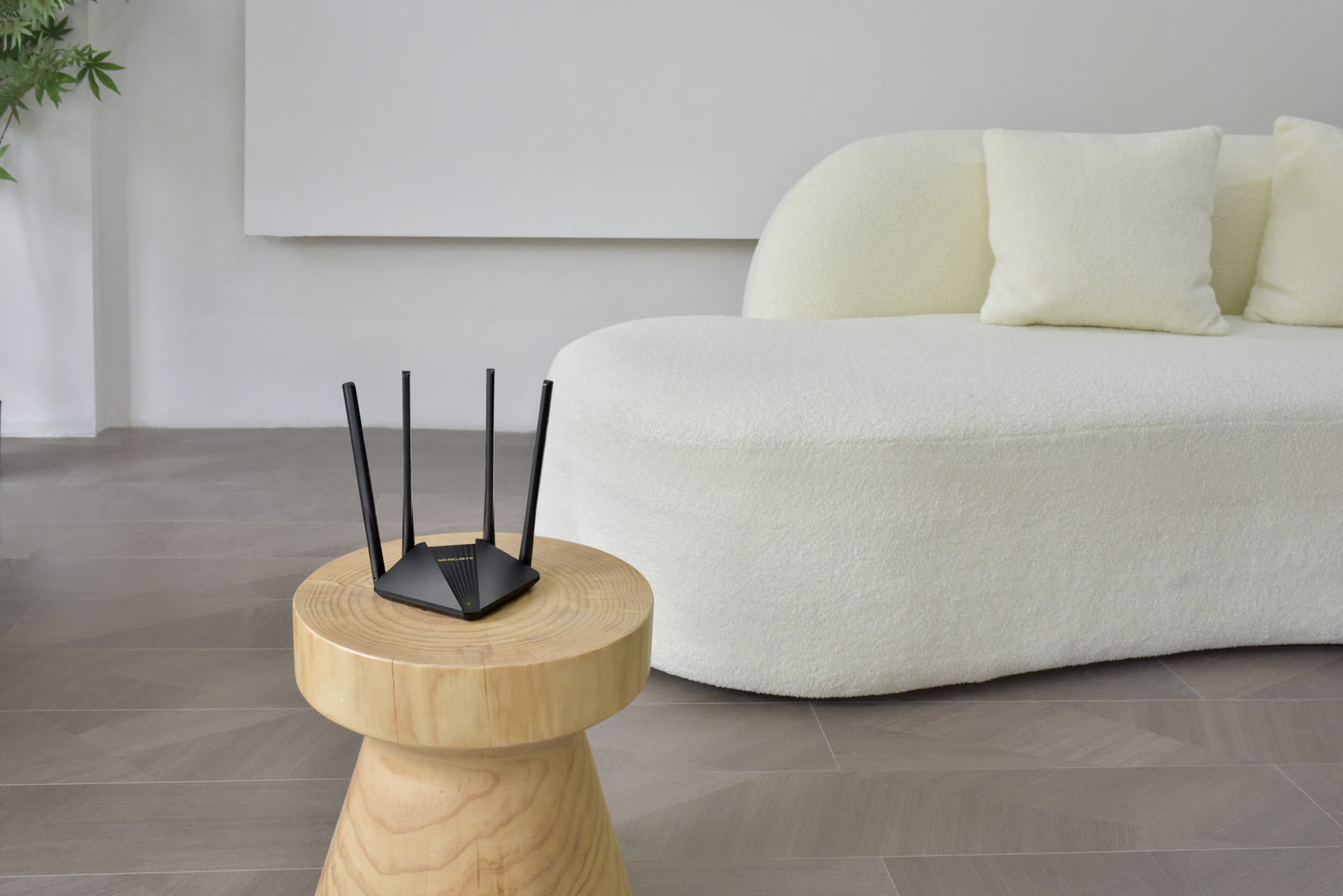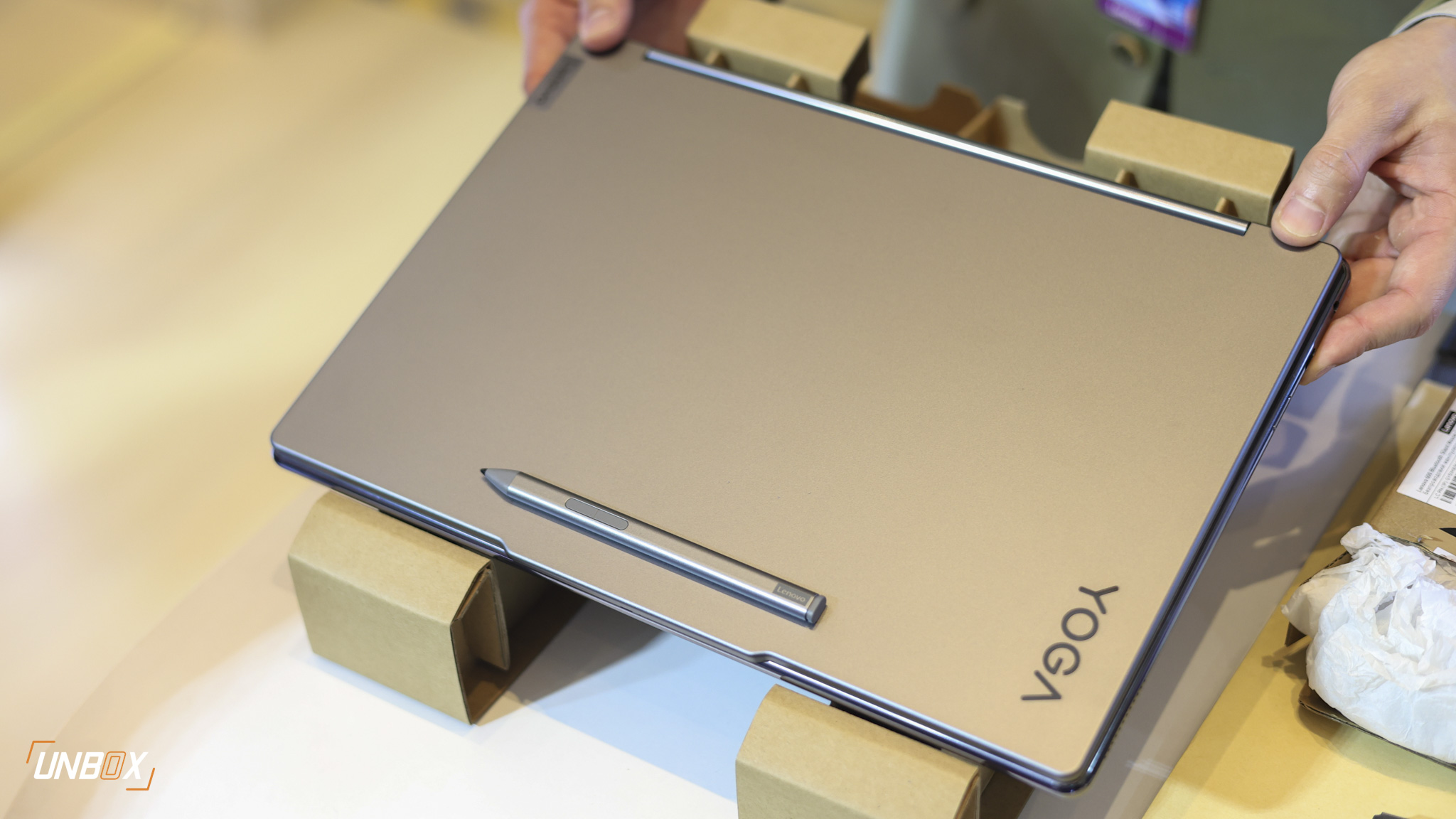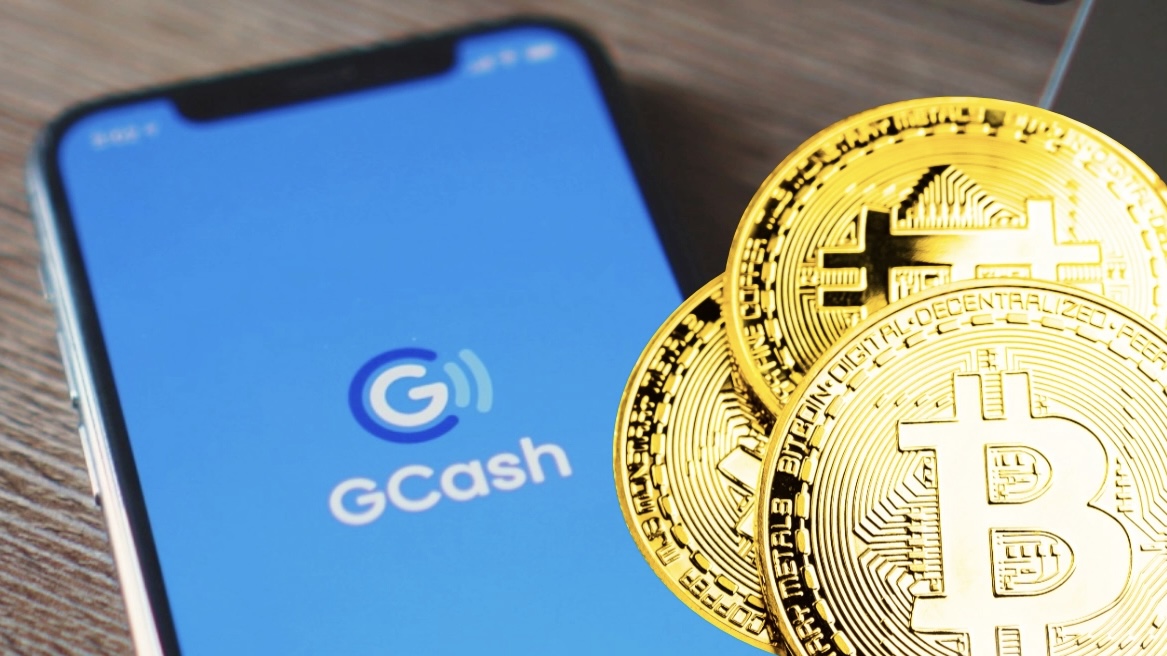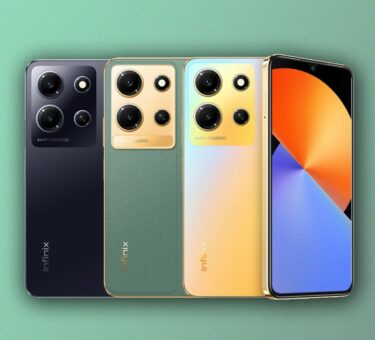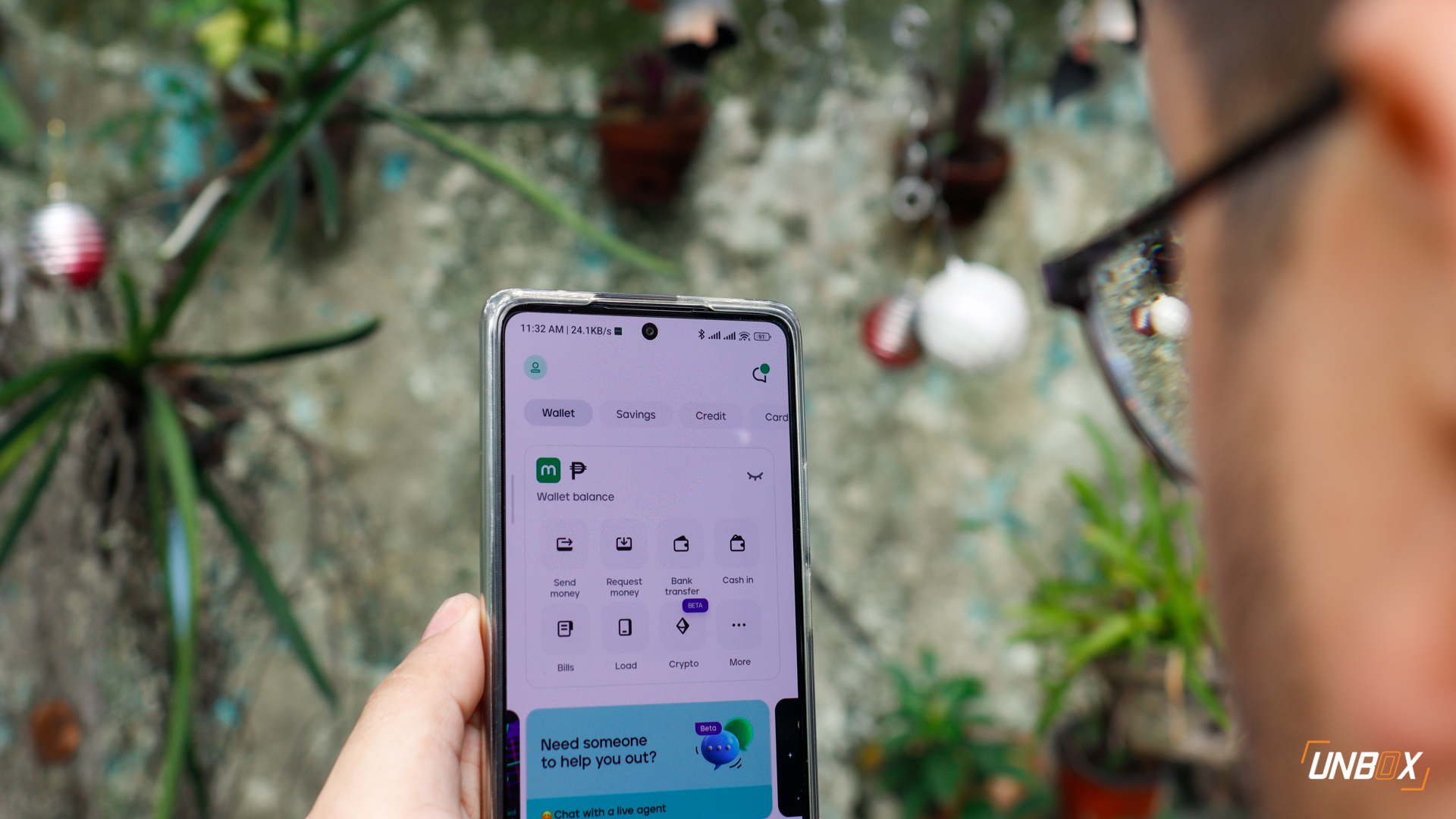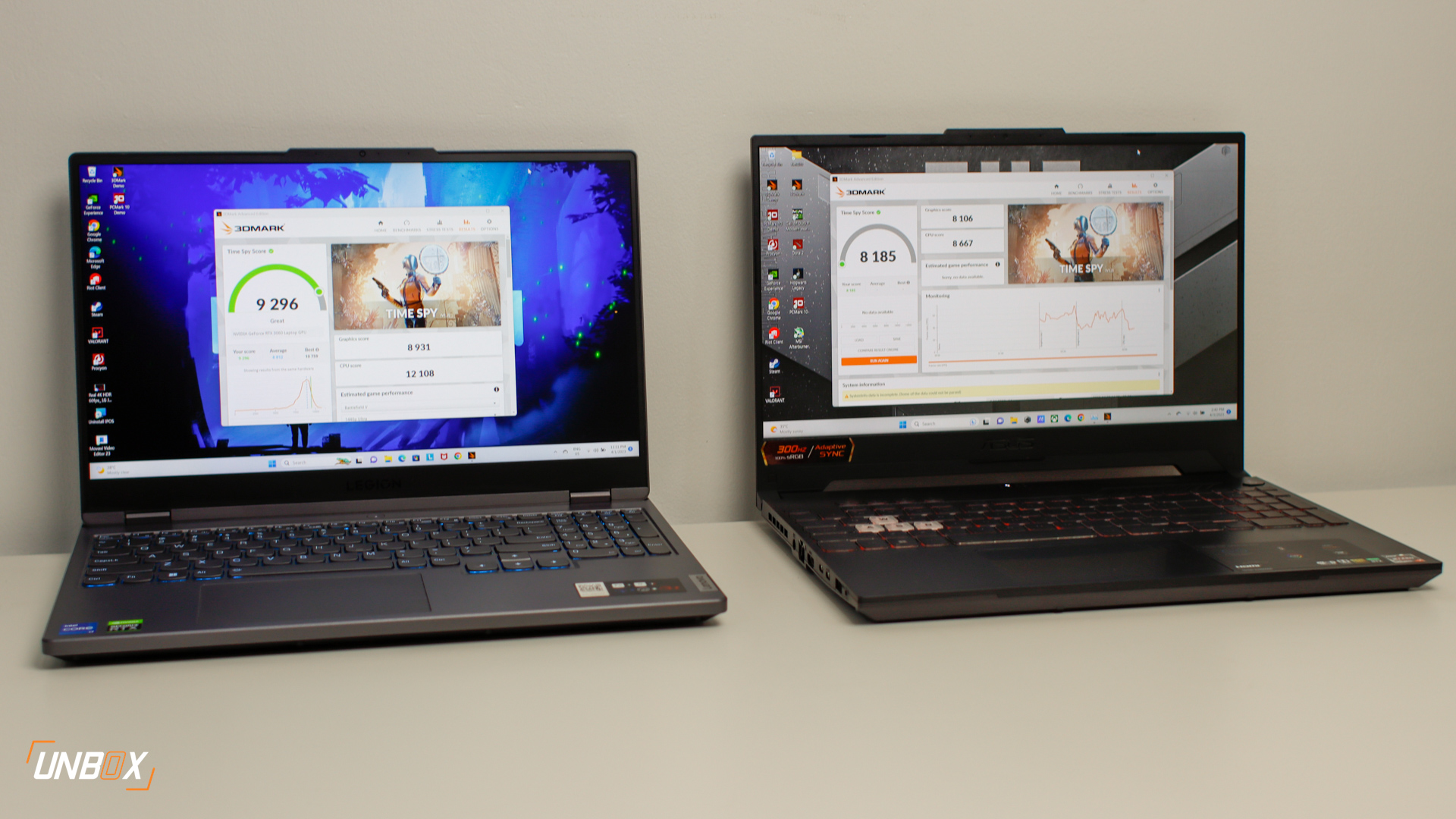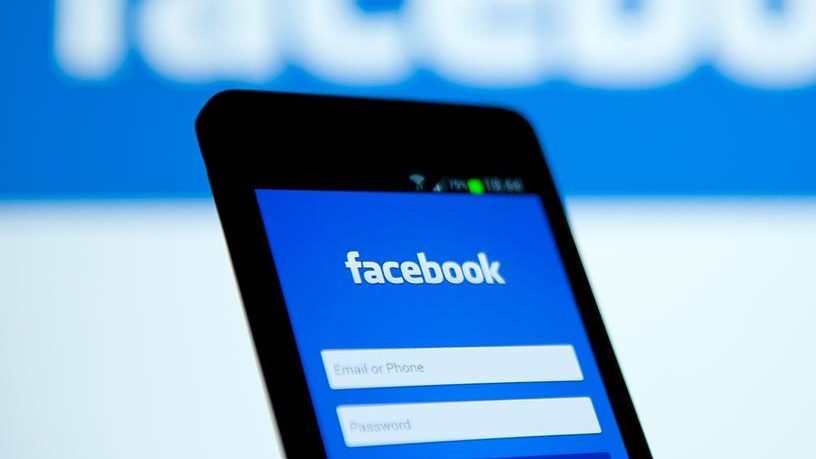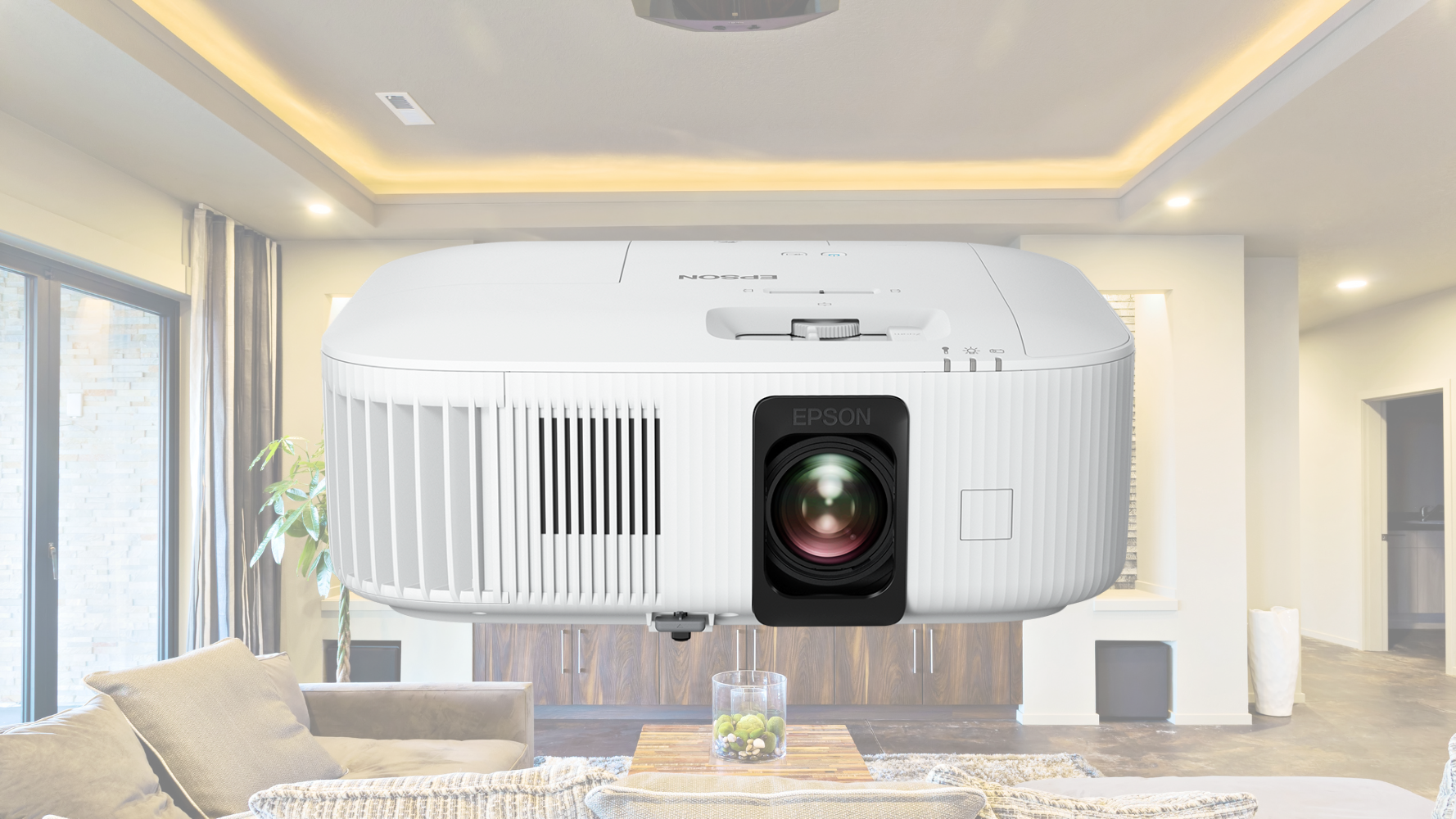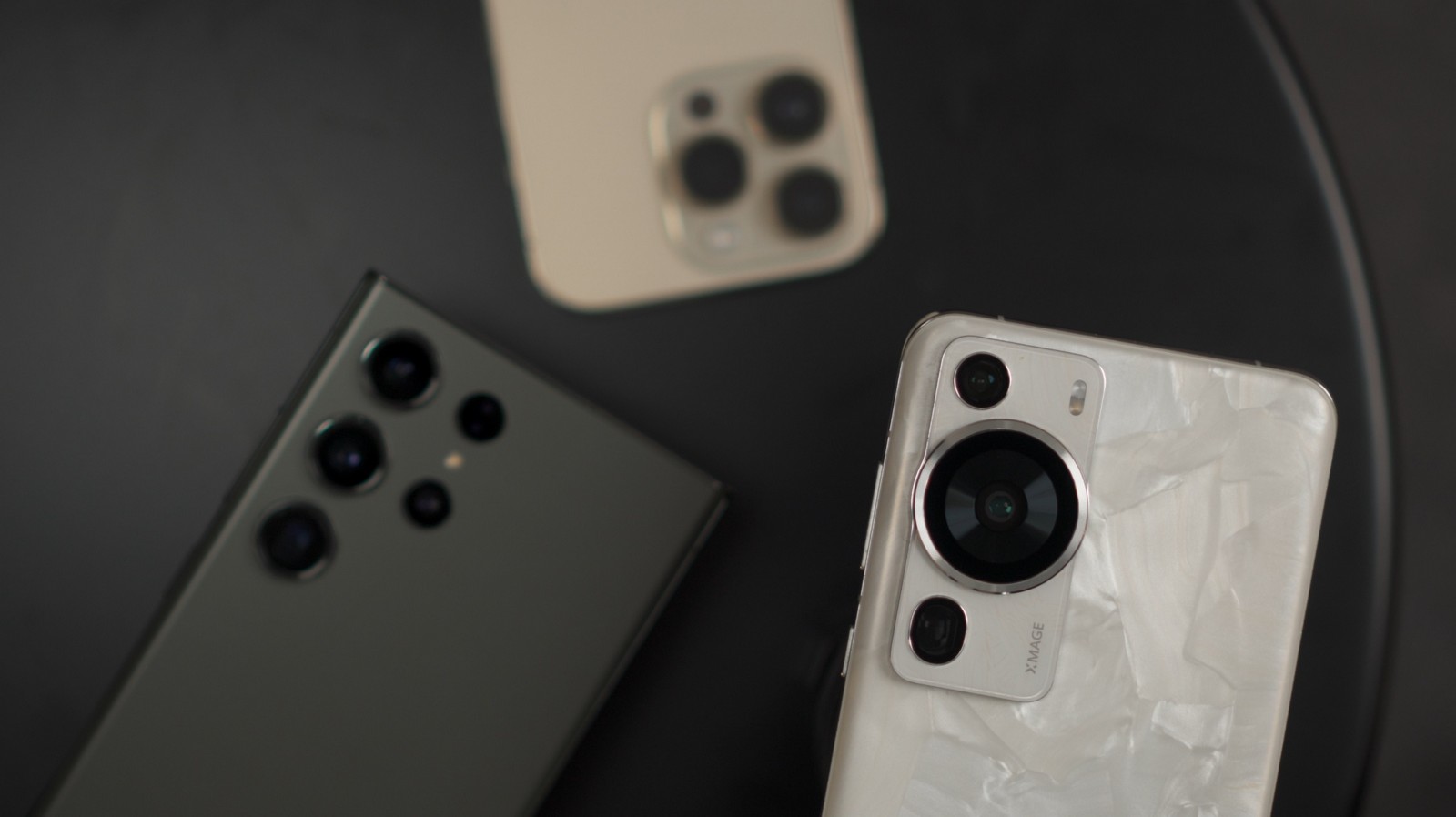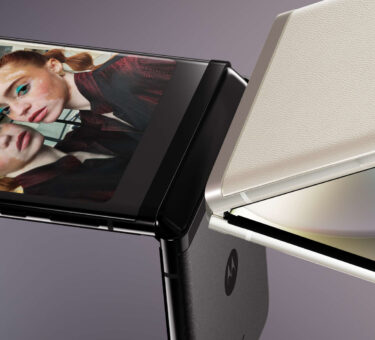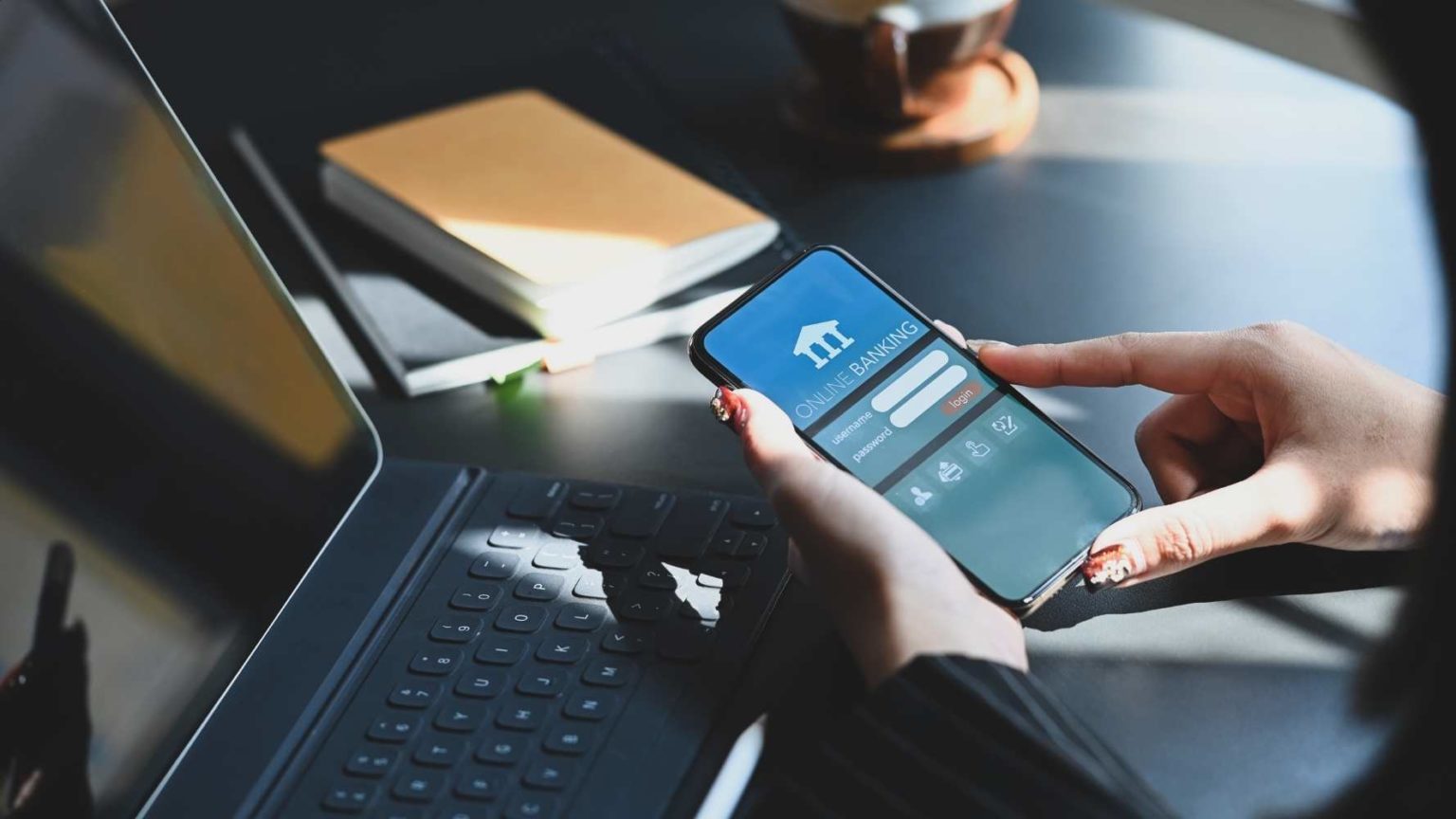The Philippine ID System is here
Yesterday, President Rodrigo Duterte signed into law the Philippine Identification System Act. The new law establishes the Philippine ID System or PhiSys, a central database for vital information on all residents and aliens currently in the country.
For its advocates, the signing of the law is the result of years and years of struggle to finally have a unified identification system to streamline government processes.
There’s a lot to unpack about the new law, but here are all the basics that you have to know about it:
1) It gives even the poorest of the poor a low-cost ID system to use
One of the benefits of having a national ID system is that it allows poor folk who would otherwise not have government-issued IDs like SSS numbers, passports and driver’s licenses a government-issued card to use when transacting with government agencies.
Registration for the ID is free of charge, which is good news for people below the poverty line as it removes the financial burden that comes with applying for a government ID.
2) Your national ID number is unique to you
Each person that applies for a Philippine ID gets a PhilSys Number (PSN) – a randomly generated, unique, and permanent identification number.
This number is unique to you and is non-transferrable. The National ID also contains a person’s full name, gender, blood type, date of birth, marital status, address and a front-facing photo.
Other biometric data will also be collected, including a full set of fingerprints as well as an iris scan.
3) It’s a faster way of proving your identity
According to Sen. Panfilo Lacson Sr., the principal sponsor of the law, there’s more than 30 individual government ID’s in the Philippines. With the PhilID system, you only need to bring one card with you.
“First, when you transact business with public or private institutions, you will no longer be asked to present assorted documents to prove your identity. All you need to do is to show your Philippine ID Card.
“If you forgot your card, left it at home or misplaced it but you know your Philippine ID System Number or PSN, you can still transact business,” Lacson said in an earlier report.
Since your Phil-ID number is unique to you, getting government documents like NBI Clearance and birth certificates will now be faster, as there’s a faster way to determine that you are who you claim to be.
You also don’t have to bring your Phil-ID number ID everywhere with you. In the off chance that you forget it at home, you can still transact with the government agency if you have it memorized since all the important bits of information is stored on government servers.
4) It can be used in a myriad of ways
Your Phil-ID number can be used by a number of agencies and businesses, with the law spelling out the specific transactions they can be used for:
- Applying for social welfare and benefits
- Applying for services offered by the GSIS, SSS, PhilHealth, Pag-IBIG, and other government agencies
- Applying for passport and driver’s licenses
- Tax-related transactions
- Registration and voting identification purposes
- Applying for schools, colleges, universities, and other learning institutions
- Applying for employment and other related transactions
- Opening bank accounts and other transactions with banks and financial institutions
- Verifying criminal records and clearances
- Other transactions defined in the implementing rules and regulations (IRR)
In addition, banks and other financial institutions can use the Phil-ID number to verify identity, which should make transactions like opening accounts and applying for loans easier.
5) There’s potential for abuse
While the move towards a national ID system makes sense, privacy experts warn of potential issues with it. Authentication requests, made whenever a government-issued identification card is used in any transaction by a registered individual, are stored in the system.
This record history can theoretically be used to surveil an individual’s activities over an extended period of time.
There are also concerns about the security of so many people’s sensitive personal data. Data breaches aren’t new, and after the 2016 breach of voter data from the Commission of Elections’ website and the government’s subsequent handling of the leak, many people are wary of handing over so much personal information to the government.
The government for its part has pledged to make sure that citizens’ data is secure. President Duterte earlier said that the Philippine Statistics Authority would work closely with the National Privacy Commission, Department of Information and Communications Technology and the multi-agency PhilSystem Policy and Coordination Council to address all privacy and security concerns.



